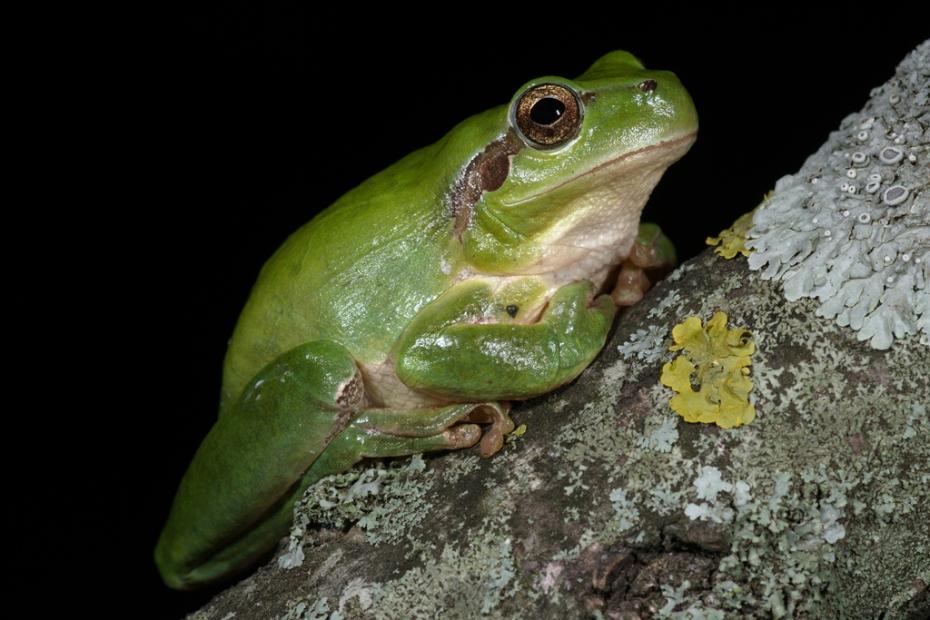Genetic monitoring in times of climate change - a new paper published in the prestigious journal Nature Ecology and Evolution

Genetic diversity is essential for the adaptation of species to climate change. An international study in which participated Prof. dr. Belma Kalamujić Stroil, senior research associate at the University of Sarajevo-Institute for Genetic Engineering and Biotechnology, shows that current efforts to monitor genetic diversity in Europe are incomplete and insufficient. The researchers focused especially on those regions that will be particularly relevant for adaptation to increasing heat and drought, which includes the Balkans. The work was published in the prestigious journal Nature Ecology and Evolution, which is part of the Nature portfolio and is available to readers as open access at https://www.nature.com/articles/s41559-023-02260-0.
Every living being on our planet is distinguished by small differences in its hereditary material from other, related, organisms. When the environment changes and becomes unfavourable for the survival of a population of organisms, this genetic variability can allow them to adapt to the new conditions, rather than go extinct or being forced to migrate to other habitats. Simply put, genetic diversity is one of the keys to the survival of a species. In 2022, the International Convention on Biological Diversity (CBD) placed greater emphasis on the need to protect the genetic diversity found in wild species, as a fundamental component of biodiversity and one that had previously been generally neglected in regulations.
Global warming is already putting pressure on many species in Europe, especially those whose populations are at the climatic limits of their range. However, these populations are not only threatened with extinction; they are also more likely to contain genetic variants favoured by natural selection to cope with these harsh conditions. These ecologically peripheral regions can therefore function as reservoirs from which, through gene flow, adaptive variants can spread into core area populations that will later be affected by climate change. This increases the overall resistance of the species. Therefore, the analysis of genetic diversity and its changes over time in climatically peripheral populations is particularly important for species conservation.
This international study analysed genetic diversity monitoring projects and programs in Europe - which countries are doing it for which and how many species. The study was conducted by 52 scientists representing 60 universities and research institutes from 31 countries. The results show that the monitoring activities are far from a satisfactory level and that they need to be improved. In particular, it is necessary to invest more efforts in the south-east of Europe (Turkey and the Balkans), since a small number of monitoring programs are carried out in this region, but at the same time it is strongly affected by climate change and therefore harbours many populations with high adaptive potential that represent a potential reservoir of genetic diversity. A genetic monitoring strategy that will be balanced both in the context of geographical coverage and the number of different species, as well as the systematic targeting of regions with high biodiversity, would be an important contribution to the protection of endangered species, many of which also provide invaluable services to humans, such as crop pollination or pest control.
Considering the global agreements on halting the decline of biodiversity, which Bosnia and Herzegovina also signed, the study also points out that there is an urgent need for better monitoring of species in general, and especially of their genetic diversity, at the international level. This will enable better land use planning and better support for ecosystem conservation and restoration actions, which help ensure the maintenance of species and the services they provide in ecosystems.
Source: Peter Pearman, Olivier Broennimann, […], Antoine Guisan and Mike Bruford. Monitoring species’ genetic diversity in Europe varies greatly and overlooks potential climate change impacts, Nature Ecology & Evolution, 2024. DOI: https://doi.org/10.1038/s41559-023-02260-0








